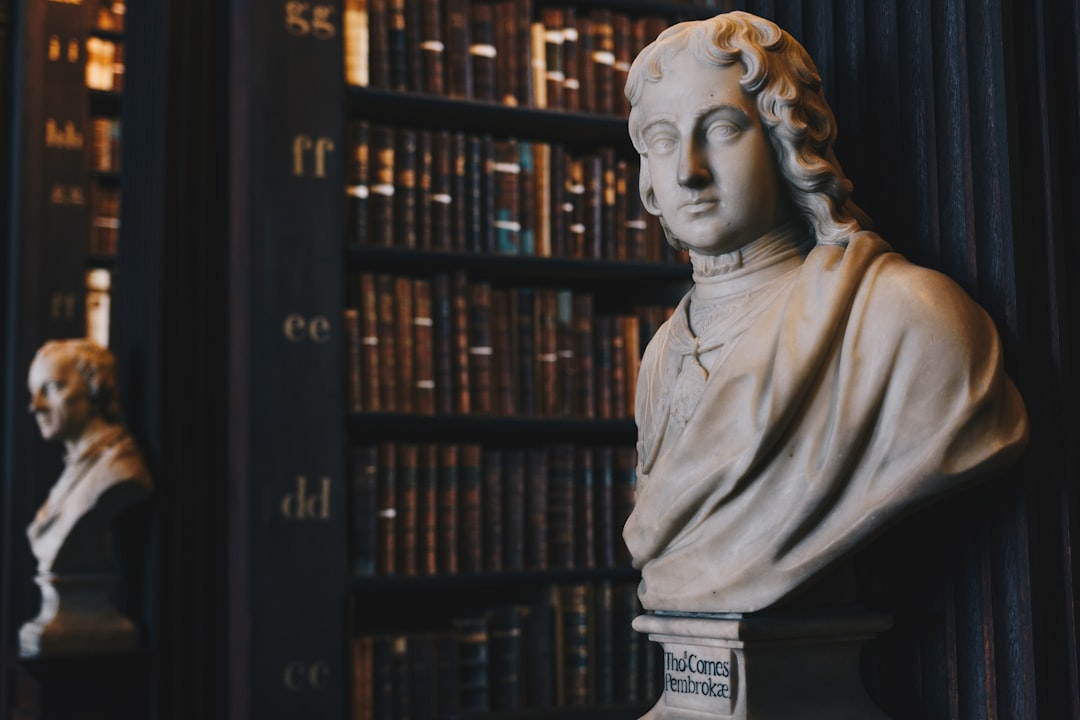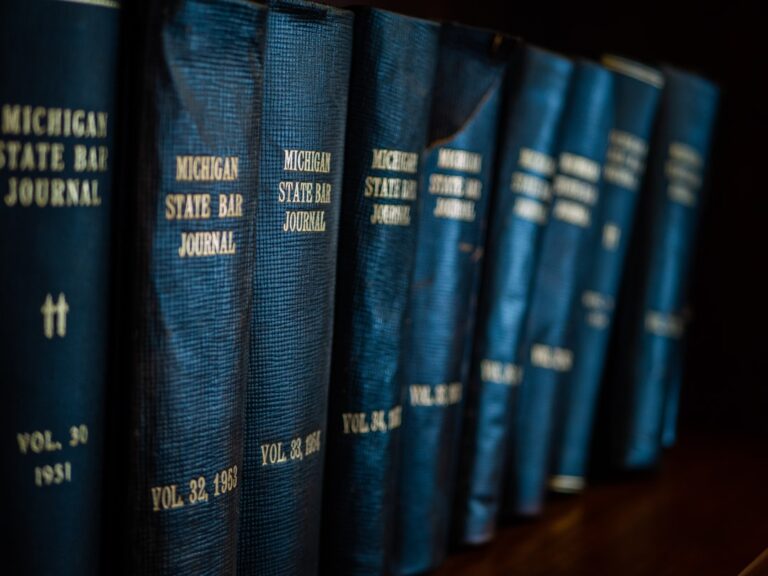Elder abuse in Seattle's diverse communities poses challenges due to cultural norms and language barriers. Elderly sexual assault lawyers play a vital role by understanding these nuances to effectively serve clients from various ethnic backgrounds. They must navigate intergenerational dynamics, respect cultural practices, and bridge communication gaps for successful case outcomes. By adopting culturally sensitive approaches, these lawyers ensure justice for all victims while fostering an inclusive legal system in Seattle, highlighting their crucial role as advocates for elderly sexual assault cases.
“In Seattle, a vibrant hub of cultural diversity, the landscape of elder abuse cases is complex and multifaceted. This article explores the unique challenges faced by the city’s diverse community in addressing elder mistreatment. We delve into how cultural sensitivity and legal strategies can better protect vulnerable seniors, focusing on sexual assault cases. With a keen eye on Seattle’s legal professionals, we uncover their crucial role in combating cultural biases and advocating for justice among Seattle’s elderly population.”
Understanding Elder Abuse in Seattle's Diverse Community

In Seattle, cultural diversity is a vibrant tapestry enriching the city’s fabric. However, this rich diversity also presents unique challenges in identifying and addressing elder abuse cases. With a growing elderly population from various ethnic and linguistic backgrounds, understanding and recognizing abusive situations becomes more complex. Elderly sexual assault lawyers in Seattle emphasize that cultural norms and communication barriers can often obscure signs of abuse, especially within immigrant communities.
The city’s commitment to tackling elder abuse must consider these cultural nuances. Sensitized legal professionals play a pivotal role in navigating this labyrinthine issue. They collaborate with community organizations and advocates who are intimately familiar with the local landscape, ensuring that services and support are accessible and culturally competent. This collaborative approach is vital in protecting Seattle’s diverse elderly population from abuse and exploitation.
Cultural Sensitivity and Legal Strategies for Elder Protection

Cultural sensitivity is a paramount aspect in addressing elder abuse cases, especially in Seattle’s diverse communities. Given the complex interplay between cultural norms and intergenerational dynamics, attorneys specializing in elderly sexual assault cases must approach each situation with nuanced understanding. This involves recognizing and respecting cultural practices while also ensuring the safety and rights of vulnerable elders. For instance, some cultures may have different concepts of personal space or privacy, which can be misconstrued as consent in Western legal frameworks.
Legal strategies for elder protection in Seattle should incorporate culturally responsive approaches. This includes training legal professionals to navigate cultural differences, providing multilingual resources, and forming partnerships with community-based organizations that serve diverse populations. Elderly sexual assault lawyers in Seattle who adopt these strategies can better communicate with clients from various backgrounds, gather evidence more effectively, and ultimately secure justice for victims while fostering a more inclusive legal system.
The Role of Legal Professionals in Combating Cultural Biases

In navigating complex cases involving cultural diversity and elder abuse, legal professionals play a pivotal role in combating biases that may hinder justice. Elderly sexual assault lawyers in Seattle, for instance, must be vigilant in recognizing and addressing cultural barriers that could impact the legal process. This includes understanding the unique social norms, values, and communication styles of diverse communities, as these factors can influence how victims perceive and report abuse. By incorporating cultural sensitivity into their practice, these lawyers ensure that all evidence is properly considered and that any potential biases are mitigated.
Moreover, legal professionals have a responsibility to educate themselves and their teams about the various cultural contexts they may encounter in elder abuse cases. This proactive approach involves staying informed about community-specific challenges, local customs, and existing power dynamics. Such knowledge enables lawyers to provide more nuanced representation, effectively advocate for their clients, and contribute to the development of fair and equitable legal practices that transcend cultural barriers.





